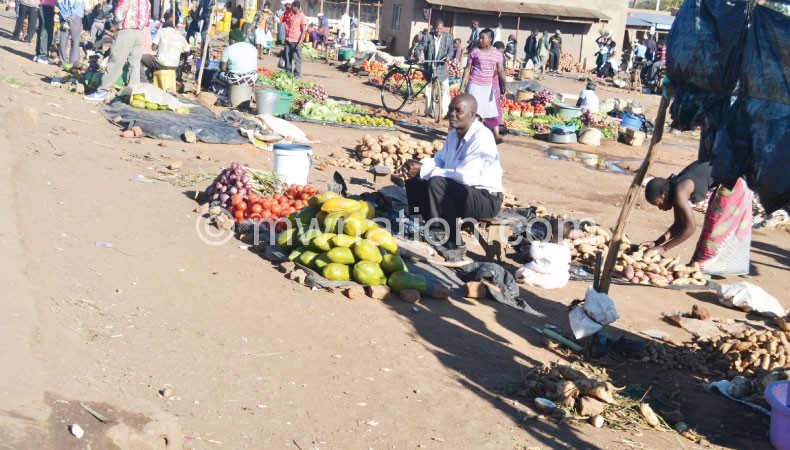Businesses skeptical
The Chamber of Small and Medium Enterprises has reiterated the need for more independent power producers to complement Malawi’s energy requirements and boost the country’s economic growth in 2019.
Speaking in an interview on Tuesday, the Chamber’s president James Chiutsi said blackouts posed the biggest challenge to local small and medium enterprises (SMEs), forcing businesses to change working models and schedules to survive.

He was reacting to the performance of SMEs in the just-ended year in the face of persistent blackouts, the stable macro-economic environment and prospects for the New Year.
Chiutsi said: “The normal working schedule was disturbed and enterprises had to be alert throughout. This meant working odd hours just to suit the blackout schedules. A few SMEs did manage to acquire alternative power like single-phase generators, which don’t come cheap.
“Those requiring three phase electricity, like maize mills, among others, had simply to wait until power came back on and this had a resultant effect of raising production costs; hence, eroding profits and ultimately growth of the sector.”
He further said the macro-economic environment in the just-ended year was fair amid a tamed inflation and stabilised interest rates. He, however, bemoaned the failure by Parliament to pass the interest capping bill as a huge blow to SMEs.
“Indeed obscene rates are charged. It’s very unrealistic for enterprises to survive where interest charges push product costs above those being offered by foreign suppliers. It makes SMEs unable even to be competitive regionally,” he said.
According to Chiutsi, source of funding was another hiccup for SMEs, with banks requiring collateral that most of the small businesses do not have. He added that, as a result, some enterprises lost property due to high borrowing costs.
He then pleaded with government to clear all payment backlogs in 2019, stating that most SMEs looked at government as a customer through initiatives like the Buy Malawi Strategy that gave hope, but payments remain a problem in most ministries, departments and agencies (MDAs).
In May last year, the International Monetary Fund (IMF) urged Malawi to promote entrepreneurship development by addressing structural challenges constraining SMEs.
In its country report for Malawi, IMF says while the country has made progress towards financial deepening, easing various structural barriers to financial deepening in terms of depth and access to financial services will bring substantial benefits for the economy.
The report, titled Supporting Growth Through Increased Credit to Private Sector, said the benefits to the economy include growth, poverty alleviation, resilience to shocks and effectiveness of monetary and fiscal policies.





